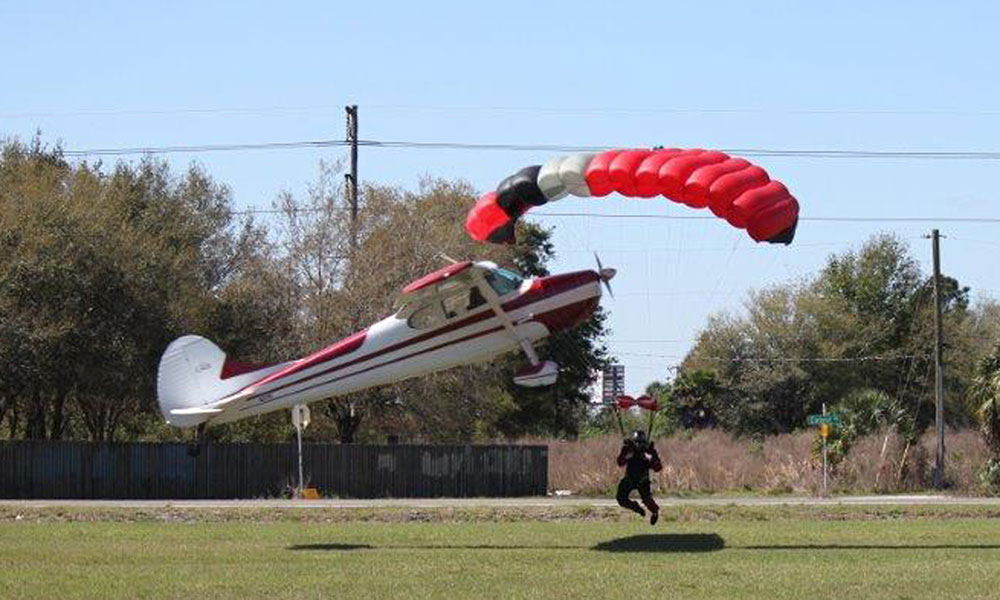
Skydiving Association Tightens Rules Amid High-Profile Accidents
The U.S. Parachute Association announced that it now will restrict skydiving by those under 18. The move comes in the wake of two accidents this year—one of which involved a teen—but the group said the rule change was unrelated.
The U.S. Parachute Association (USPA) isn’t letting its standards take a dive.
At a time when skydiving finds itself in the news for not one, but two, recent accidents, the association announced recently that it would try to remedy an issue that drew attention in one of them—though it says the accident wasn’t the catalyst.
The Accidents
In January, 16-year-old Texan Makenzie Wethington went skydiving for the first time, with her father’s consent. But things went awry when Wethington, who jumped solo, was unable to open her chute. She survived the 3,500-foot fall but was severely injured.
The accident raised safety questions, because most first-time skydivers are accompanied by more experienced divers, and it’s rare for skydiving companies to allow people younger than 18 to dive, even with parental consent. Wethington and her father traveled to an Oklahoma facility specifically because it permitted teens to skydive.
This week, the skydiving world was in the news again after a close call on Saturday in which a landing skydiver collided with a single-engine plane as its pilot was attempting a touch-and-go maneuver just feet from the ground. The plane was in an area where multiple skydivers were to touch down. Neither man was severely injured. A photographer caught the incident on camera (shown above).
The timing of the most recent accident wasn’t opportune—it occurred on the association’s Skydiving Safety Day.
A Major Rule Change
Earlier this month, USPA announced that it would change its rule for first-time skydivers, raising the minimum age to 18 starting May 1. Previously, divers ages 16 to 18 could jump with parental consent under USPA rules. Teens who have dived previously will be exempt but must receive a license to continue skydiving after December 31.
USPA spokeswoman Nancy Koreen emphasized, however, that the change wasn’t related to Wethington’s crash. She said the issue had been a point of contention for the association in recent years. In an email to the Associated Press, Koreen noted that many equipment makers already had set similar rules for their gear “in reaction to an increasingly litigious society.”
While the USPA rule is not law, facilities that do not comply could lose their affiliation with the association. But that may not be enough to please some, including Wethington’s father, Joe.
“I feel that it oughta be a law, not just a rule,” he told NBCDFW.com. “Because a lot of people, like, for instance, where we were at, is not following rules. Because it’s only a rule. I mean it should be a law. That way they’re held accountable.”
An accident involving a small plane and a skydiver drew attention over the weekend. (Polk County Sheriff's Office/Tim Telford/Courtesy photo)






Comments